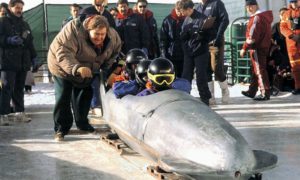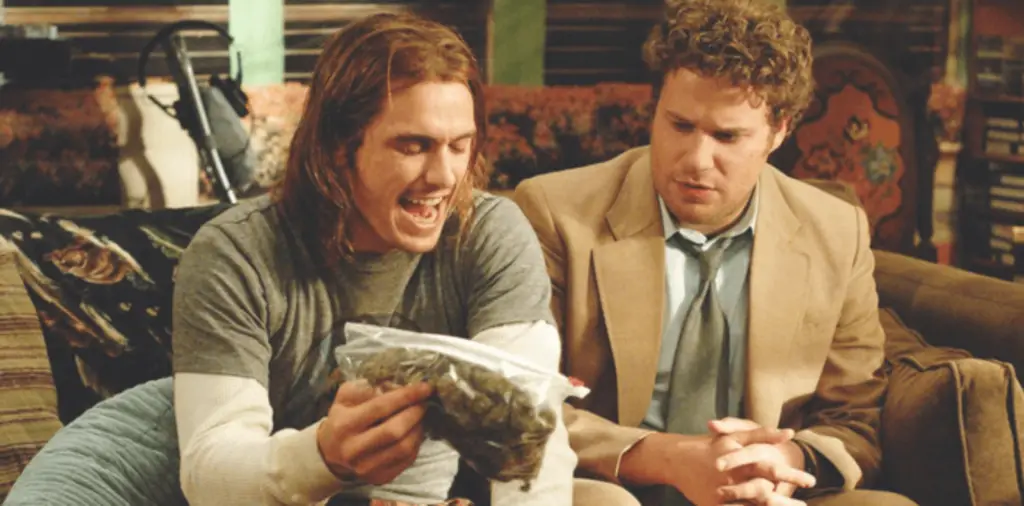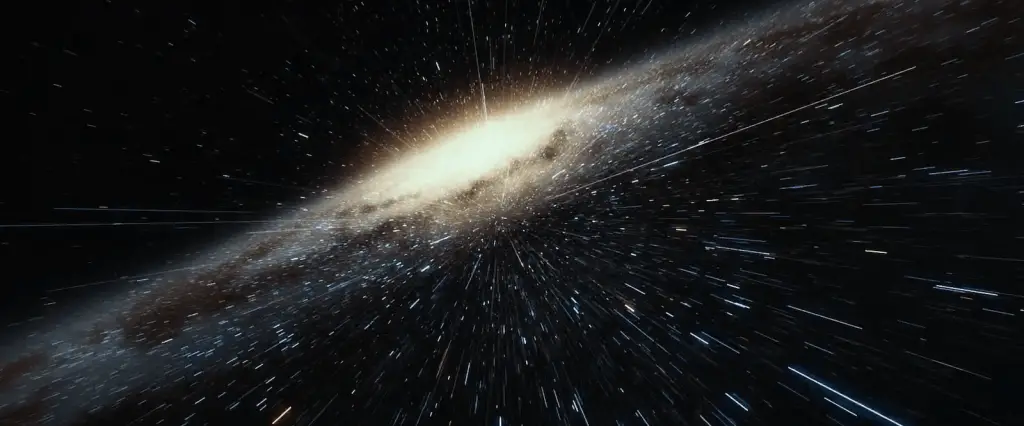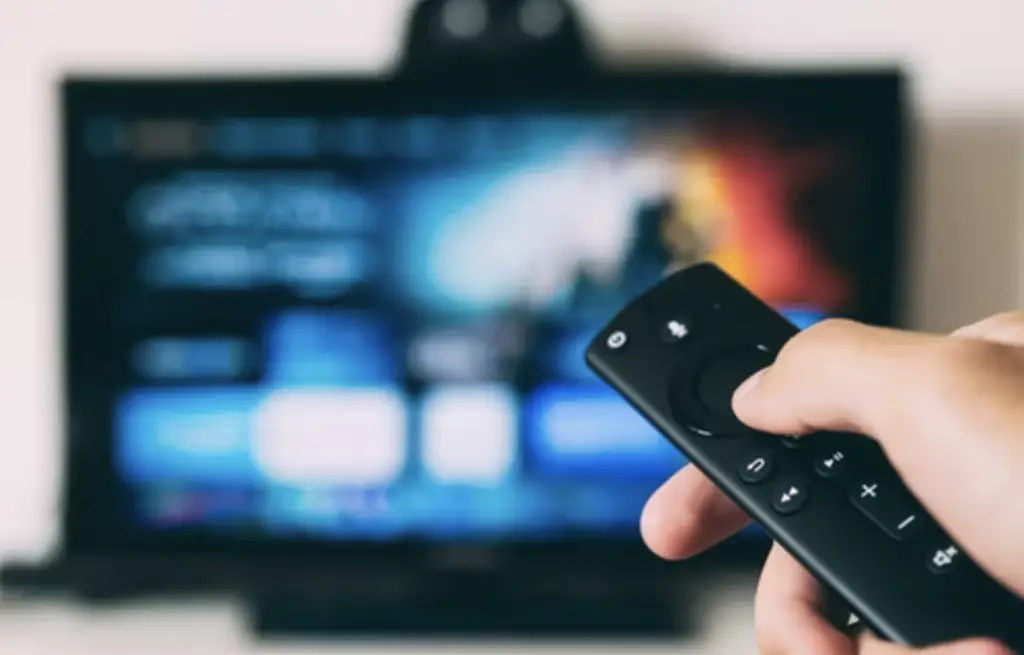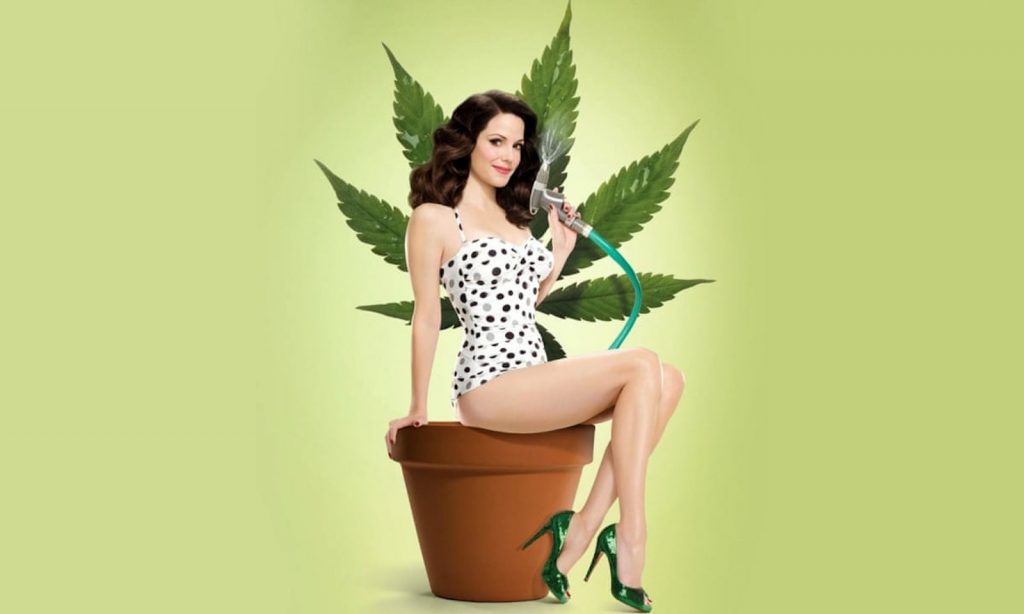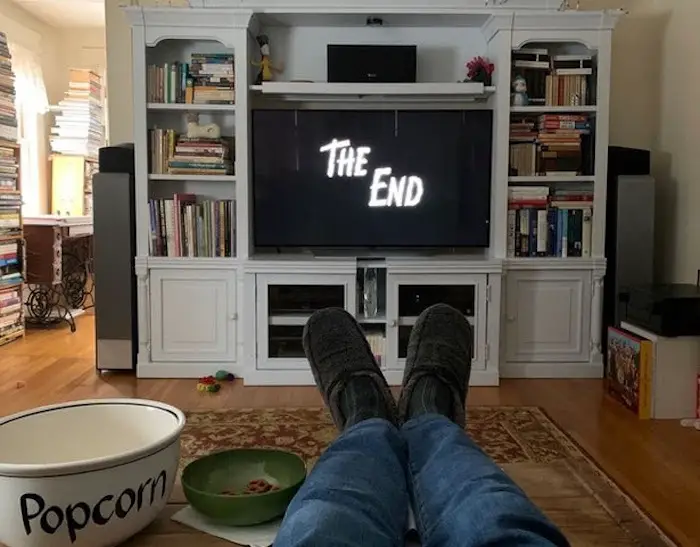In a Q+A with sports betting firm Betway, Jamaican former Olympic bobsledder Devon Harris talks about his experiences representing his country at the Winter Olympics.
How do you think the Jamaican bobsled team will perform at the Beijing Games?
“I’m over the moon about the fact that Jamaica has qualified, I’m really proud of the guys. It’s just amazing that they are continuing the legacy. It’s going to be awesome to see the black, green and gold in Beijing.
“It’s always difficult to say how they’re going to do, what I know is that they’re going to work hard and they’re going to compete hard.”
What is it like to spend such a long period of time away from home when training for the Winter Olympics?
“You’re young and single and disengaged, so it’s an adventure man!
“I often say that I saw Bobsledding as an extension of my commitment to being a soldier and representing my country. We did whatever was needed to be done.
“We approached it almost like a military commitment. Nothing is too hard, nothing is too difficult, we’re going to get it done.
How close were you with the rest of the team beforehand?
“None of us knew each other. I was very new in the army, I was the youngest soldier on that team.
“We didn’t meet each other until the bobsledding trials, and then that was only in passing. When we got selected for the team, we got more familiar.
“We got as close as you can imagine three guys in the army can get given the rank structure. Dudley Stokes was a captain, I was a lieutenant and Michael White was a private. It was an interesting dynamic.
“When we’re traveling for bobsledding, we were on a first-name basis. When we went back to Jamaica, I was calling Dudley sir and Michael was calling me sir and saluting.
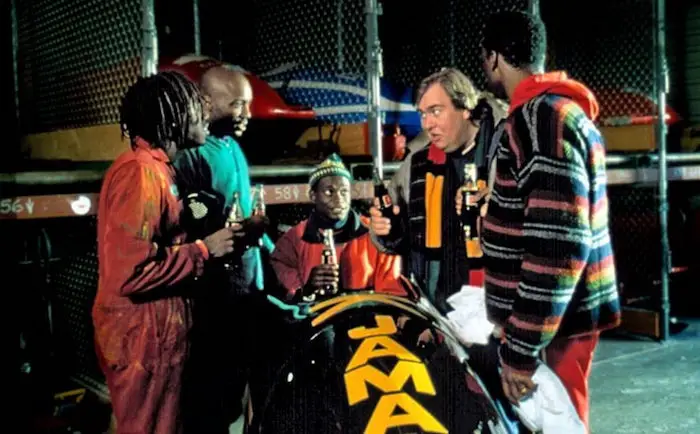
What was it about you that meant they thought you would be good for the team?
“My smile, man, what do you think?”
What were the biggest difficulties that you and the team faced going to the Games in 1988?
“Outside of leaning the sport and, for me, dealing with the fear of speed and height, there was none.
“We were always cold, always hungry and always scraping to get by.
“I remember one day being in Calgary, it was extraordinarily cold and we had had a really hard day of training. At the end of the day, all I could afford for dinner was one small can of soda, a roll and a chicken leg.
“George Fitch, who came up with the idea for the team, was so sure that it was such a novel idea that once the word came out, sponsors would come flooding in. It didn’t happen.”
What did people in Jamaica think of the team?
“If I had to guess, I’d say most people didn’t even know that Jamaica had a bobsled team.
“It’s something that is so far out of the norms for Jamaicans, most of them didn’t even know what bobsledding was.
“I don’t think it was until after the Olympics that I started to get a sense of what Jamaicans thought about us.
“They were very, very kind to us after the Games, surprisingly. If you know anything about Jamaican, we have been nurtured on excellence in the Olympic Games.”
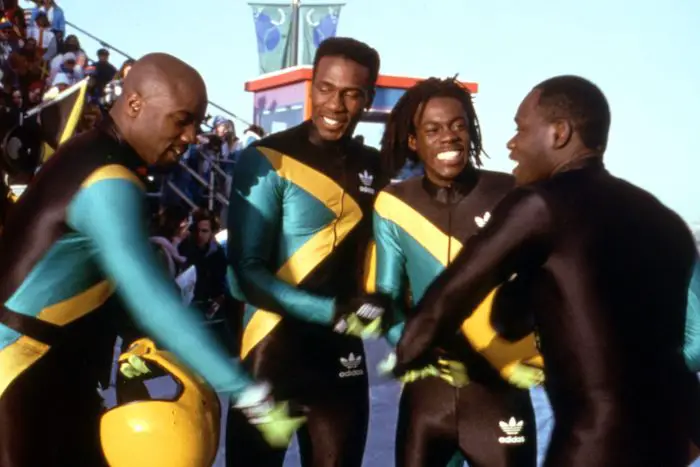
How has the reception you receive changed after going back to the Winter Olympics twice?
“The ’88 experience overshadows everything, it just had such a powerful impact.
“People are always excited to see Jamaica at the Winter Olympics, in Jamaica and around the world, but I think it’s going to take a Jamaican team to win a medal at the Winter Olympics to surpass the impact of the ’88 team.”
Which of your Olympic experiences was your favorite and why?
“Dude, that’s like asking which of your kids you lost the most. They’re all very special.
“Calgary obviously has its place there because it was the first time and just an amazing experience, Albertville was special because that was the first time I drove and Nagano was the most difficult one to qualify for”
Which did you prefer out of the two-man and four-man sleds and why?
“You had to ask that question again, didn’t you? Which of your kids do you love the most?
“So in the Olympics, I’ve only driven the two-man, but I have driven the four-man before and oh my god, there’s hardly anything that feels better man.
“Ah! I love that. Oh jeez, that is amazing.”

Where did you drive it?
“In Winterberg, Germany, and wow. It was just amazing.
“The four-man sled is heavier and far more responsive and it just went exactly where I wanted it to go. It was just an amazing, amazing feeling.
“Admittedly, I got a little cocky on the first day and crashed because I was full of myself, I was like, ‘I’m so good at this, then boom!’
“The worst part about it was I spent the evening repairing the sled as opposed to relaxing. Unfortunately, we just didn’t have the funding to allow me to compete at the Olympics in it.”
How did you go about setting targets of how you wanted to perform?
“We wanted to be in the top 10 in the start because that’s the one thing we had control over.
“We may not have had the best slides, but we knew how to run, so our goal was to apply our raw athletic ability to this thing.”
What was your favorite thing about your bobsled experience?
“I may have to make a distinction between the bobsled experience and the Olympic experience.
“My favorite thing about the bobsled experience was driving and perhaps the thing that that covers all of that is just facing my fear of dealing with it, and coming out on top. I’m still here.
“The Olympic experience, man, I describe it as Utopia. It’s spending 16 days in this place with people from all over the world, people who under normal circumstances you would never meet.
“Having all the troubles and ills that exists in the world, just being shielded from it, and just having a chance in that moment in those 16 days to connect with the humanity of people from all over the world and realise, you know what, the differences that define us are insignificant, compared to all the things that are that bind us.”
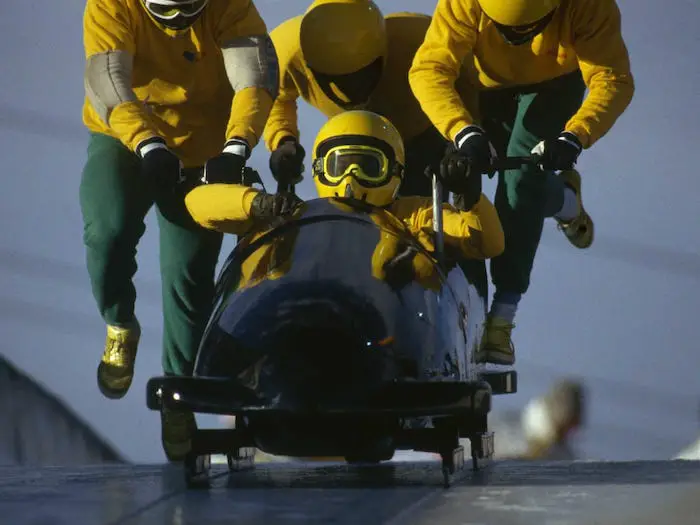
How did you feel about Cool Runnings at the time it was brought out and how do you feel about it now?
“I remember having a conversation right after the viewing with my teammates. We held our collective breaths, and then we collectively exhaled, because there were there was no portrayal of smoking weed in the movie.
“That’s a stereotype that we have been fighting ever since the team got started because everybody assumed that all Jamaicans smoke weed, and we don’t.
“Then, we were just inspired. Cool Runnings is the kind of movie I would enjoy even if it wasn’t about a significant part of my life. I really loved it and still love the human-interest story and powerful life lessons.”
